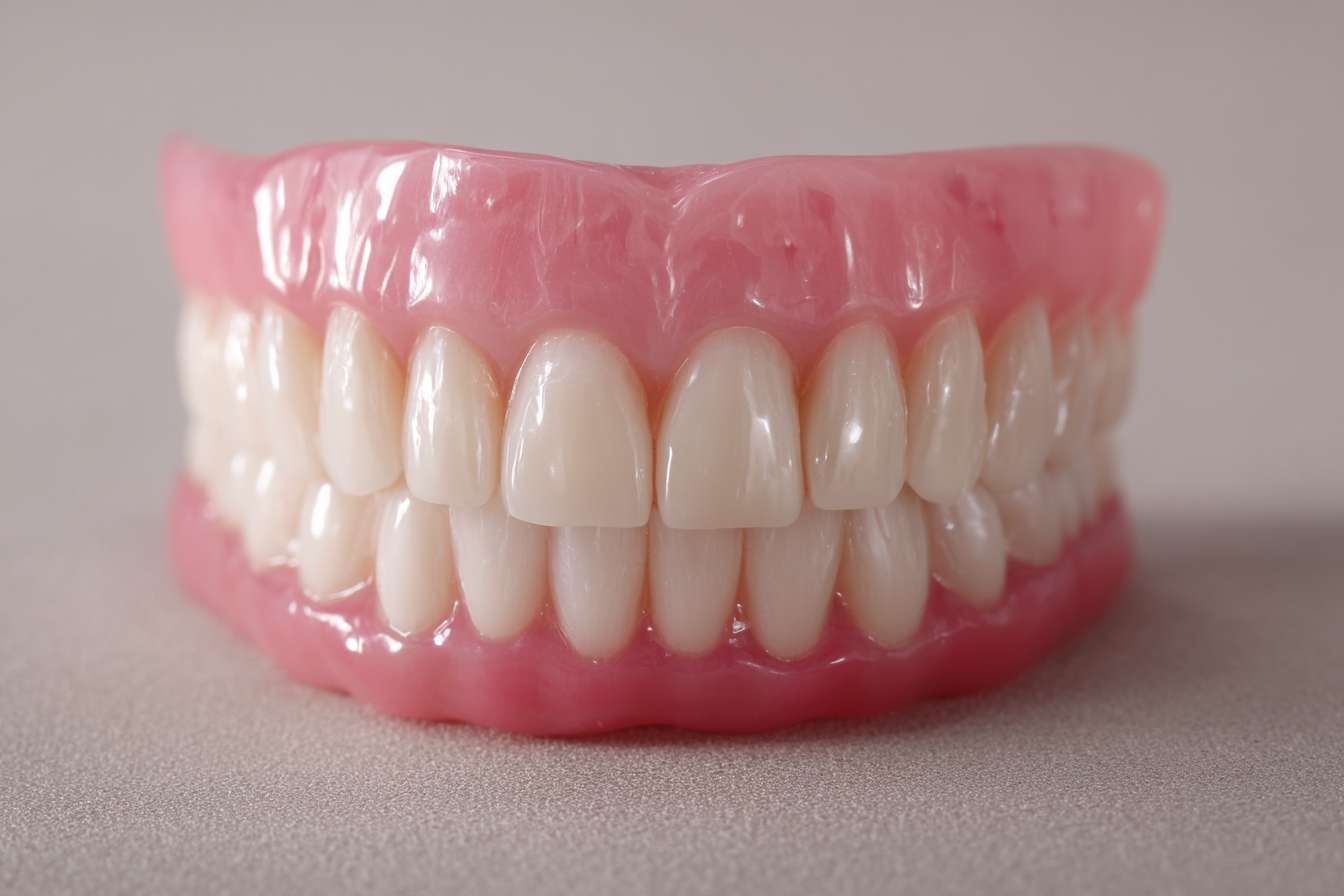Dental Implants: A Comprehensive Guide to Modern Tooth Replacement
Dental implants have revolutionized the field of restorative dentistry, offering a permanent solution for missing teeth. These artificial tooth roots, typically made of titanium, are surgically placed into the jawbone to support replacement teeth or bridges. Unlike removable dentures, dental implants provide a stable, long-lasting foundation that looks, feels, and functions like natural teeth. This comprehensive guide will explore various aspects of dental implants, including their benefits, suitability for different age groups, and associated costs.

What are screwless dental implants and how do they differ?
Screwless dental implants, also known as press-fit implants, represent an innovative approach to tooth replacement. Unlike traditional implants that use screws to secure the artificial tooth to the implant post, screwless implants utilize a friction-fit mechanism. This design eliminates the need for a screw, potentially reducing the risk of complications such as screw loosening or fracture.
The main advantages of screwless dental implants include:
-
Simplified placement procedure
-
Reduced risk of bacterial infiltration
-
Improved aesthetics due to the absence of a visible screw access hole
-
Potentially faster healing times
However, it’s important to note that screwless implants may not be suitable for all cases, and their long-term success rates are still being studied compared to traditional screw-retained implants.
Are dental implants suitable for elderly patients?
Dental implants can be an excellent option for elderly patients, providing numerous benefits over traditional dentures. As we age, tooth loss becomes more common, and implants offer a stable, comfortable solution that can significantly improve quality of life. Some key considerations for implants in elderly patients include:
-
Overall health: Good general health is essential for successful implant surgery and healing.
-
Bone density: Adequate bone density is crucial for implant stability. Some elderly patients may require bone grafting procedures.
-
Medications: Certain medications may affect healing and implant success rates.
-
Oral hygiene: The ability to maintain good oral hygiene is important for long-term implant health.
Many elderly patients report improved confidence, better chewing ability, and enhanced speech after receiving dental implants. It’s crucial to consult with a qualified implant dentist to determine if implants are the best option based on individual health factors and needs.
How much does a full set of teeth implants cost?
The cost of a full set of teeth implants can vary significantly depending on several factors, including the number of implants needed, the type of prosthetic teeth used, and the complexity of the case. Generally, a full arch restoration (replacing all teeth in either the upper or lower jaw) can range from $20,000 to $50,000 or more.
Factors affecting the cost include:
-
Number of implants required (typically 4-8 per arch)
-
Type of prosthetic teeth (acrylic vs. porcelain)
-
Need for additional procedures (e.g., bone grafting, sinus lifts)
-
Geographic location and expertise of the dental professional
| Treatment | Average Cost Range | Notes |
|---|---|---|
| Full Upper Arch | $20,000 - $30,000 | Includes 4-6 implants and prosthetic teeth |
| Full Lower Arch | $20,000 - $30,000 | Includes 4-6 implants and prosthetic teeth |
| Full Mouth (Both Arches) | $40,000 - $60,000 | Includes 8-12 implants and prosthetic teeth |
| All-on-4 Procedure | $25,000 - $40,000 per arch | Uses 4 implants to support a full arch |
Prices, rates, or cost estimates mentioned in this article are based on the latest available information but may change over time. Independent research is advised before making financial decisions.
It’s important to note that while the initial cost of full mouth dental implants may seem high, they often prove to be a cost-effective long-term solution when compared to the ongoing maintenance and replacement costs associated with traditional dentures.
What factors influence dental implant cost?
The cost of dental implants can vary widely based on several factors. Understanding these variables can help patients make informed decisions about their dental care:
-
Number of implants: Single tooth replacements are less expensive than full mouth restorations.
-
Implant material: Titanium is the most common, but zirconia implants are also available and may affect pricing.
-
Prosthetic type: The material and fabrication method of the crown, bridge, or denture can impact cost.
-
Preparatory procedures: Some patients may require bone grafting or sinus lifts, which add to the overall cost.
-
Dentist’s expertise: Highly experienced implant specialists may charge more for their services.
-
Geographic location: Dental costs can vary significantly between urban and rural areas, and from one region to another.
-
Insurance coverage: While many dental insurance plans don’t fully cover implants, some may offer partial coverage.
When considering dental implants, it’s crucial to obtain a comprehensive treatment plan and cost estimate from a qualified implant dentist. This will help you understand the full scope of the procedure and associated expenses.
Dental implants have become a popular and effective solution for tooth replacement, offering benefits such as improved appearance, enhanced comfort, and better oral health. While the cost can be significant, many patients find that the long-term advantages outweigh the initial investment. As with any medical procedure, it’s essential to consult with a dental professional to determine if implants are the right choice for your individual needs and circumstances.
This article is for informational purposes only and should not be considered medical advice. Please consult a qualified healthcare professional for personalized guidance and treatment.




